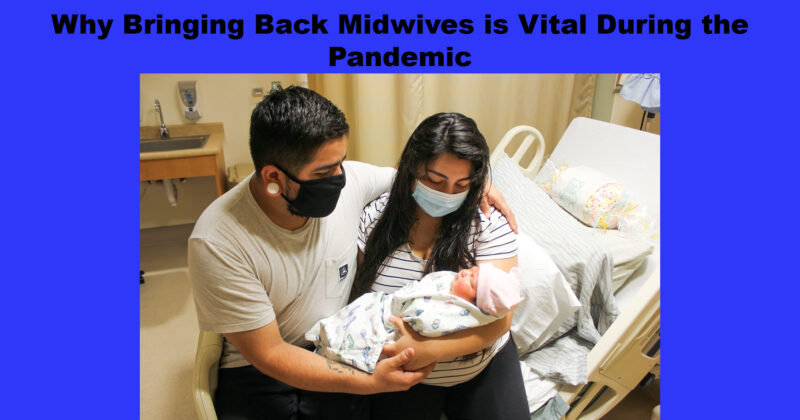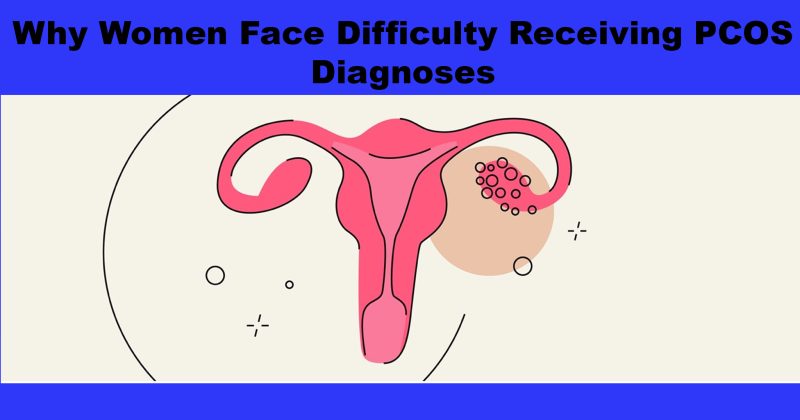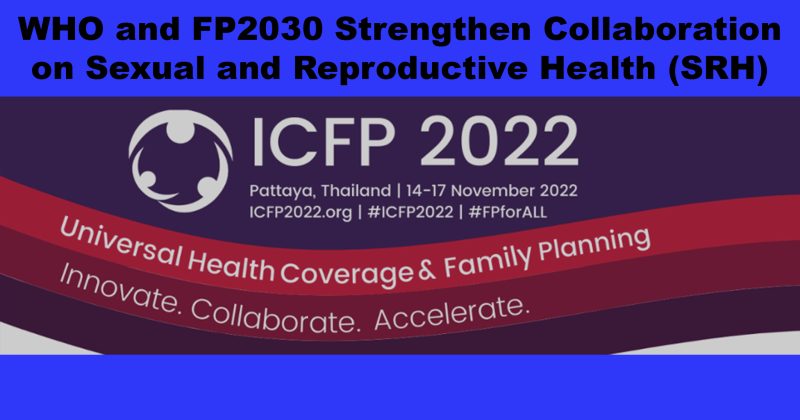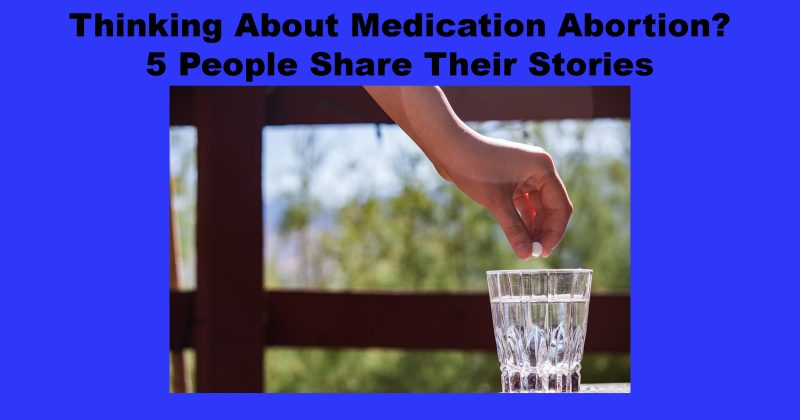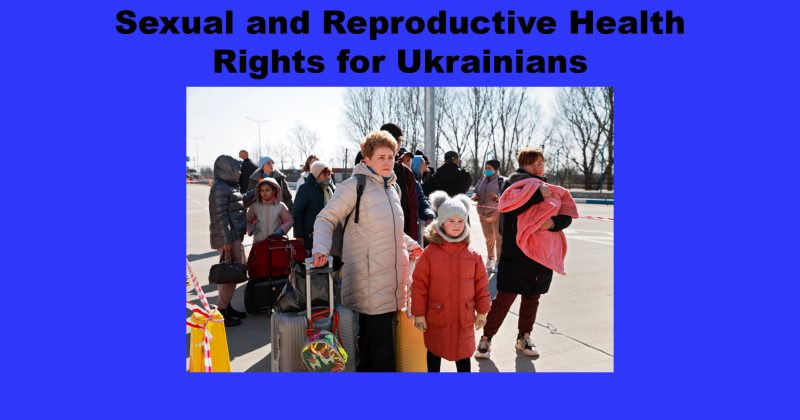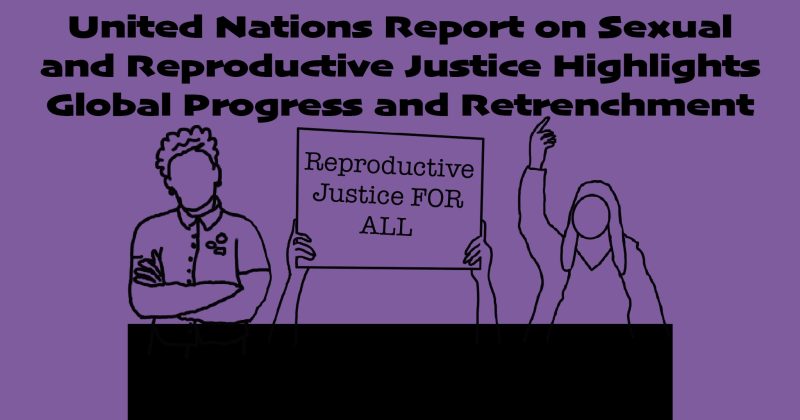
Self-administered contraception positively impacts women in Nigeria
In 2021, the United Nations Children's Fund (UNICEF) found that only four out of every ten women use contraception in Nigeria. To help address this sexual and reproductive health disparity (SRH), the World Health Organization (WHO) has coordinated with Nigeria’s Ministry of Health employing a people-centered, and gendered approach to increase the accessibility of SRH services. In particular, WHO has found that self-administration of injectable contraception has already made strides in improving contraceptive uptake regionally. This method has been made available directly within communities through pharmacies and drug stores. The UN reports that self-administered methods are popular because women can use it in any setting, whether they are in a community setting, refugee camp, or anywhere else. The injection provided by WHO allows up to three months of contraceptive cover, which assists women who desire long-lasting protection. The organization states that this intervention helps give women greater autonomy, and even reduces the pressure on health workers, especially in conflict settings where...

